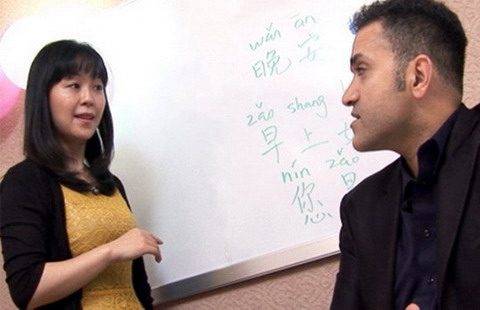Beggar-thy-neighbor taxation policy hurts all
By Wolfgang Schauble (China Daily) Updated: 2014-11-05 07:54The Seventh Meeting of the Global Forum on Transparency and Exchange of Information for Tax Purposes was held in Berlin last week, bringing together representatives from 122 countries and jurisdictions, as well as the EU. A joint agreement on the automatic exchange of information on financial accounts was signed on Oct 29.
The agreement is based on the Common Reporting Standard, which was developed by the Organization for Economic Cooperation and Development. Under the CRS, tax authorities receive information from banks and other financial service providers and automatically share it with tax authorities in other countries.
In the future, virtually all of the information connected to a bank account will be reported to the tax authorities of the account holder's country, including the account holder's name, balance, interest and dividend income, and capital gains.
Various measures are in place to ensure that banks can identify the beneficial owner and notify the relevant tax authorities accordingly. The CRS thus expands the scope of cross-border, global cooperation among national tax authorities. In this way, we can establish a regulatory framework for the age of globalization.
The automatic exchange of information is a pragmatic and effective response to the perceived lack of global governance regarding international tax issues. By making taxation fairer, governments will have a positive impact on people's acceptance of their tax regimes.
This great success in the fight against international tax evasion would have been unthinkable only a few years ago. Now it is important to continue the efforts of the OECD and the G20 in the area of corporate taxation. We need to make sure that creative tax planning in the form of profit shifting and artificial profit reduction is no longer a lucrative business model.
A "beggar-thy-neighbor" taxation policy, by which one country pursues tax policies at the expense of others, is just as dangerous as beggar-thy-neighbor monetary policies based on competitive currency devaluation. It leads to misallocations - and will ultimately reduce prosperity around the world.
That is why we need to agree on uniform international standards in order to achieve fair international tax competition. The progress achieved in Berlin on the automatic exchange of tax information shows that, by working together, we can realize this goal.
The author is Germany's Federal Minister of Finance. Project Syndicate











